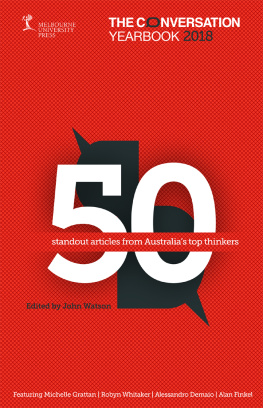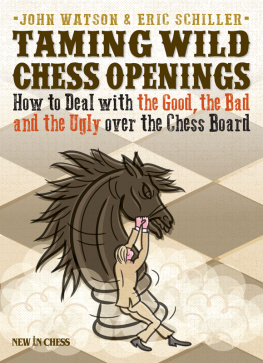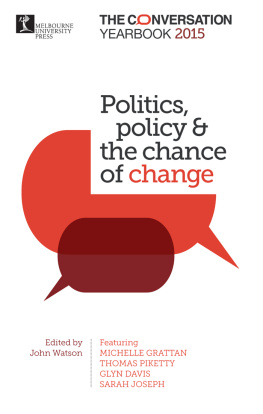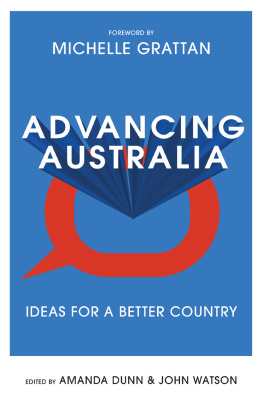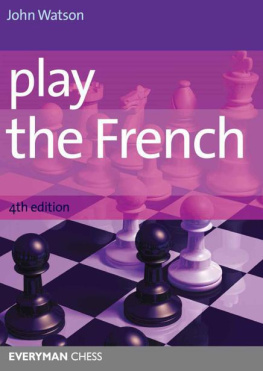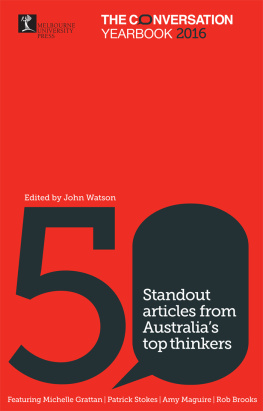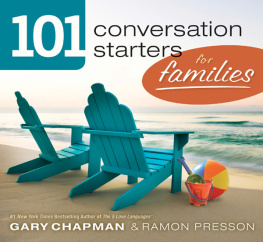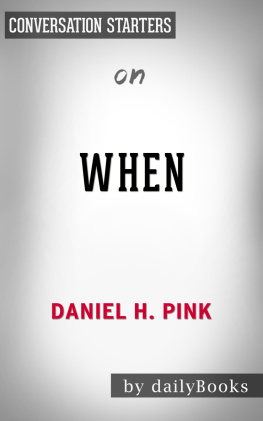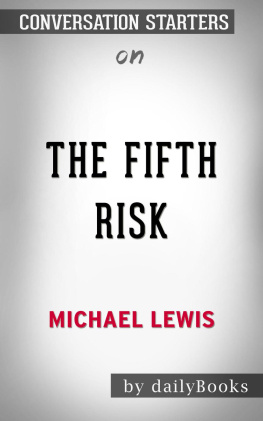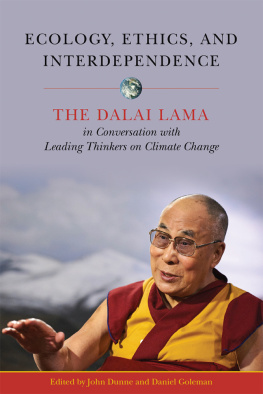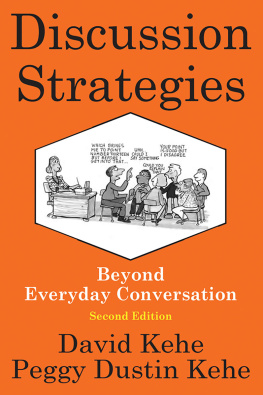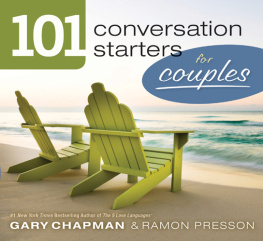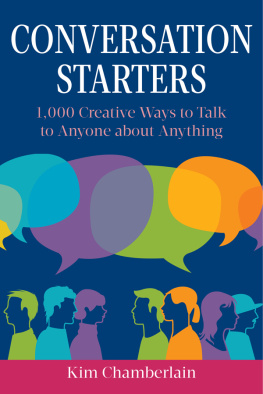
THE CONVERSION
YEARBOOK 2018


MELBOURNE UNIVERSITY PRESS
An imprint of Melbourne University Publishing Limited
Level 1, 715 Swanston Street, Carlton, Victoria 3053, Australia
mup-contact@unimelb.edu.au
www.mup.com.au
First published 2018
Text remains with the identified original authors, 2018
Design and typography Melbourne University Publishing Limited, 2018
This book is copyright. Apart from any use permitted under the Copyright Act 1968 and subsequent amendments, no part may be reproduced, stored in a retrieval system or transmitted by any means or process whatsoever without the prior written permission of the publishers.
Every attempt has been made to locate the copyright holders for material quoted in this book. Any person or organisation that may have been overlooked or misattributed may contact the publisher.
Text design and typesetting by Typeskill
Cover design by Mary Callahan Design
Printed in Australia by McPhersons Printing Group

9780522873368 (paperback)
9780522873375 (ebook)
Contents
Introduction
Misha Ketchell
Editor, The Conversation
As I write this introduction Australians are still scratching their heads over the premature departure of yet another prime minister. There is now among us a generation of voters who have not seen an Australian prime minister complete an entire term. Not Kevin Rudd. Not Julia Gillard. Not Tony Abbott. Not Malcolm Turnbull.
Australia is gripped by what has been dubbed a coup culture, one so entrenched it threatens our democracy and treats voters like a gullible audience for a low-grade reality show, as Michelle Grattan observes. This hyperactive political cycle reflects a troubling new reality in which personality politics and an increasingly partisan media make considered policy development all but impossible.
Turnbulls demise is a case study. He was dumped after trying to introduce the National Energy Guarantee (NEG), a middle-of-the-road policy widely supported within the business community and criticised from the left as being manifestly inadequate to meet Australias emission target under the Paris Agreement.
Looked at in the clear light of day, the NEG was, at worst, potentially ineffectual. Yet it became the pretext for a botched leadership coup that ended Turnbulls political career.
How is it that in a developed country like Australia a policy that barely nods to the settled scientific reality of climate change can spark such an emotive over-reaction?
How is it that a policy that is fairly popular with business and appears to create no particular disadvantage in the broader community can be a political death knell?
One explanation is that politicians can no longer gather their support from voters in what was once termed the sensible centre because the media business is increasingly targeting fragmented audiences at the emotional extremes.
Digital disruption has created a world of information plenty. But at the same time as this deluge of content has enriched Facebook and Google, it has destroyed the business model that supported quality media outlets. It has been especially damaging for those driven by the desire to inform audiences and host sober debate.
Instead, the digital world is a pure attention economy. Attract enough attention and you can make money, through selling advertisements, or harvesting and selling data, or some clever combination of the two.
And, when it comes to attracting attention, no one cares about the niceties of distinguishing reporting and opinion. Emotion trumps evidence. The shrill and sensational win every time.
Any rigorous history of Turnbulls prime ministership cannot fail to take into account the changing role of the media in hastening his demise. Channel Nine political editor Chris Uhlmann called it out on Nines Today show when he said News Corp and a small group of commentators on Sky News and 2GBAndrew Bolt, Alan Jones, Ray Hadley and assorted after dark commentatorshad crossed a line and become players, improper participants in the push to oust a prime minister.
Uhlmann was right, but in pointing out the oversized role of self-appointed media Svengalis he risked obscuring the bigger picture. Much of the real work of making a sensible climate policy impossible took place over the preceding decade. It was frequently led by The Australian, a serious national broadsheet, which created the false impression that climate science was unsettled and that a policy response was unnecessary, unwise or somehow against the national interest.
In public policy, the Overton window is a term that describes the range of ideas acceptable in public discourse. One way to influence public opinion is to move the window by expressing views outside the acceptable public discourse at either end of the spectrum.
The continued prominence of irrational and emotive views on climate change in Australia has moved the window. Views that were once seen as way out have become common in mainstream media outlets.
This is not merely a matter of free speech, and it is unquestionably bad for the country. A similar movement of the Overton window can be seen in the area of race relations. The appearance of far-right nationalist Blair Cottrell on Sky News was widely lamented, but it is the type of media behaviour that opens up space for fear-mongering over so-called African gangs and other forms of more moderate racial paranoia.
According to American journalist Robert Rosenthal, one of the key problems we face today is that media and journalism are now confused:
Much of media today is entertainment, opinion-driven, or based on business models forged and founded on fostering divisive partisan political agendas. Journalism and a free press must be supported by those who believe in democracy. The best journalism is done to make sure the people are still in charge. We are not subjects, we are citizens. Subjects are told what to do, citizens tell their government what to do.
The antidote to shrill opinion or vested interests is to move the Overton window back towards reliable information. Quality journalism provides essential context to help people make sense of a complex and confusing barrage of information, as well as making markets more efficient and providing essential insights into our environment, our culture and our history.
In the digital age, in which social media spread content without regard for its accuracy, the business of muddying the waters on matters of public importance is cheaper than ever. The Conversation aims to fight back against this trend as a global not-for-profit project that draws on academic expertise to inform the public. We now have teams in Australia, Africa, the United Kingdom, the United States, Canada, France, Spain and Indonesia.
The global audience for our evidence-based analysis and research has doubled in the past year. More than 35 million people read The Conversation articles each month.
The articles featured in this collection are drawn from the slice of that global output aimed at Australians. A rigorous approach to evidence is not negotiable but the topics covered are intentionally diverse: Nobel Laureate Peter Doherty reflects eloquently on the fiendish challenges of climate change; Fabrizio Carmignani examines the claim that corporate tax cuts in the United States led to lower wages; Robyn Whitaker explores the significance of Jesuss racial background (he wasnt white); Andrew Watkins explains what causes windy weather; and medical expert Alessandro Demaio looks at why a healthy diet matters even if you arent overweight.
Next page
